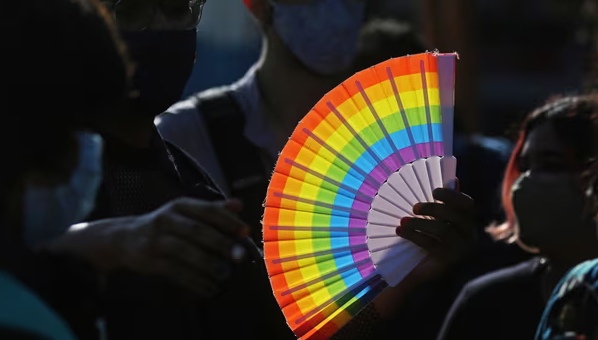India’s top court said on Tuesday (17 October) that it could not legalise same-sex marriage.
The Chief Justice of India said it was the prerogative of Parliament to pass such a law. A five-judge bench headed by Chief Justice of India D.Y. Chandrachud heard arguments in the case in April-May this year. The verdict was delivered on Tuesday.
Chandrachud said that on same-sex marriage, there was “some agreement and disagreement about how far we should go.” Two of the other four justices agreed with Chandrachud that the court would not legalise same-sex marriage, a majority. The other two justices have yet to speak.
In 2018, the Supreme Court struck down the colonial-era ban on homosexuality. In Asia, where conservative values still dominate politics and society, same-sex unions are permitted only in Nepal and Taiwan.
Prime Minister Narendra Modi‘s government has opposed the petitions, calling them “urban elitist views” and saying Parliament is the appropriate forum to debate and legislate on the issue. It also said such marriages were “incompatible with the Indian concept of the family unit consisting of husband, wife and children”.
Despite homosexuality in India being decriminalised since 2018, LGBTQ activists say that sexual minorities often face discrimination in their daily lives.
